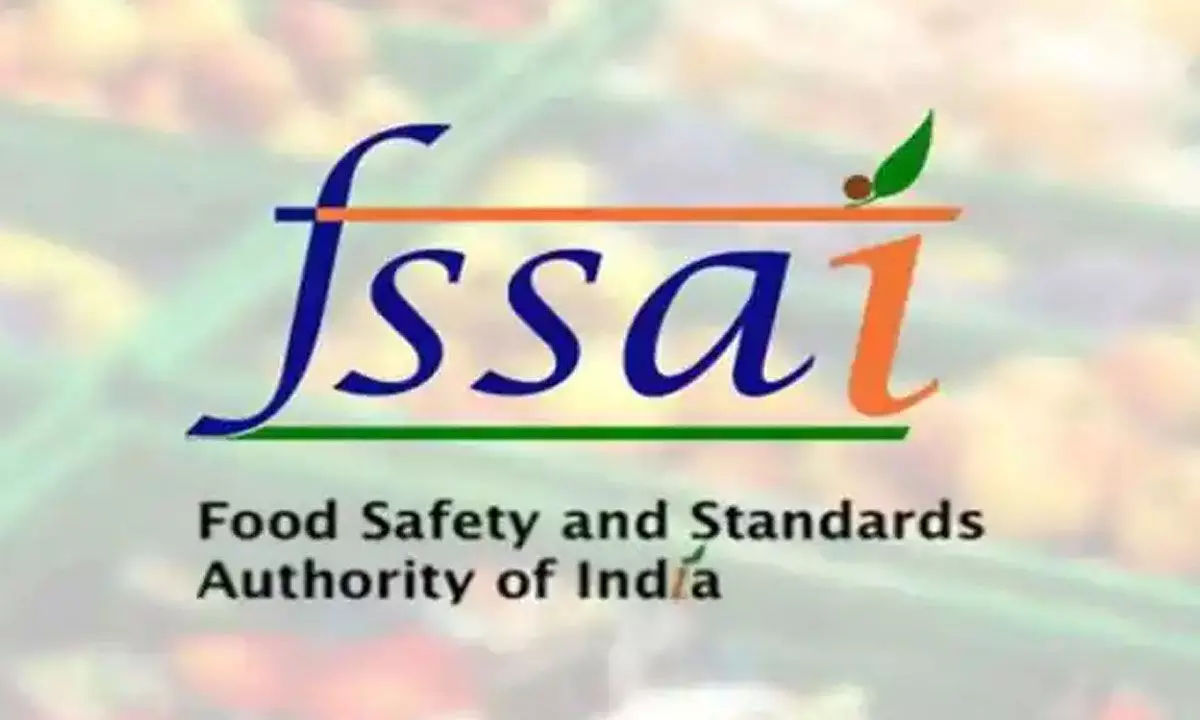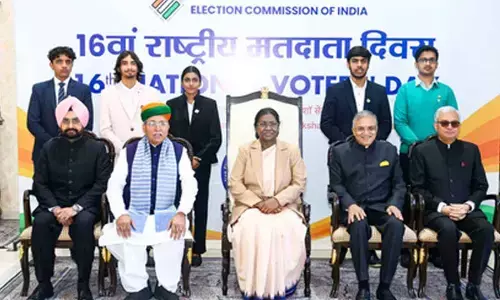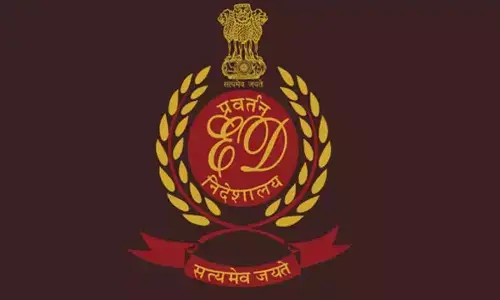FSSAI playing with health of Indian public

FSSAI playing with health of Indian public
Experts from public health, medical fraternity and consumer groups gathered to discuss the issue of front-of-pack labelling (FOPL) on packaged junk foods at the three-day ‘National Conclave on Sustainable Food Systems’ which was organised by the Centre for Science and Environment (CSE) at Rajasthan recently.
Experts from public health, medical fraternity and consumer groups gathered to discuss the issue of front-of-pack labelling (FOPL) on packaged junk foods at the three-day 'National Conclave on Sustainable Food Systems' which was organised by the Centre for Science and Environment (CSE) at Rajasthan recently. They advised against Health Star Ratings on packaged junk foods as they are misleading and can do more harm than good to the consumer.
"India can't afford the epidemic of obesity and non-communicable diseases. It is time, the Indian consumer is warned about how bad and unhealthy is junk food", said Sunita Narain, Director General, Centre for Science and Environment, while leading the expert deliberation on the 'Need for front-of-pack warning labels on ultra-processed junk foods'.
Health Star Ratings are designed by the powerful food industry to mislead the consumer. By pushing these, Food Safety and Standards Authority of India (FSSAI) will give license to glorify junk foods, which is the opposite of what should be done. Front-of-pack labelling on packaged foods was first recommended by an FSSAI-led committee formed in 2013. CSE was part of this committee.
FSSAI then came up with a draft regulation in 2018, which had strict thresholds – limits to know unhealthy levels – based on those developed by the WHO for countries like India in the South-East Asia Region. Due to industry pressure, FSSAI came up with another draft in 2019. The food industry was still not pleased, and this draft was repealed.
From January-June 2021, stakeholder consultations were held on the labelling design to be adopted, thresholds to be made applicable and nutrients to be displayed. CSE has documented all delays and dilutions. The latest consultation took place in February 2022, when it was made clear that FSSAI plans to go ahead with the 'Health Star Rating'.
All this while, FSSAI has been insensitive to the information needs of the consumer. It also ignored global best practices and evidence around them. Instead, in an orchestrated way, through the scientific panel and commissioned studies, it is now getting ready to adopt a labelling system which is considered least effective and rejected across the world.
Health Star Rating is a labelling system which includes depiction of 1 to 5 stars on packaged foods. These stars are depicted based on an algorithm at the back-end, which is not known to consumers. It is only adopted voluntarily in a few countries such as Australia and New Zealand and only a part of food products carries it. It has been rejected in several other countries as it can mislead the consumer and be easily manipulated by the industry.
For example, its algorithm includes scores for positive nutrients i.e., fruits, vegetables and nuts etc., which is a carefully crafted industry strategy to sell ultra-processed foods as good foods. It also does not tell the consumer if a particular product has a high level of salt or sugar as it only gives a summary indicator in the form of a star. Given all the evidence, if front-of-pack labelling are to cater primarily to public health goals, they must take the form of warning labels and not health star ratings according to experts. The FSSAI should come forward to do the consumers' bidding, not that of the industry.














